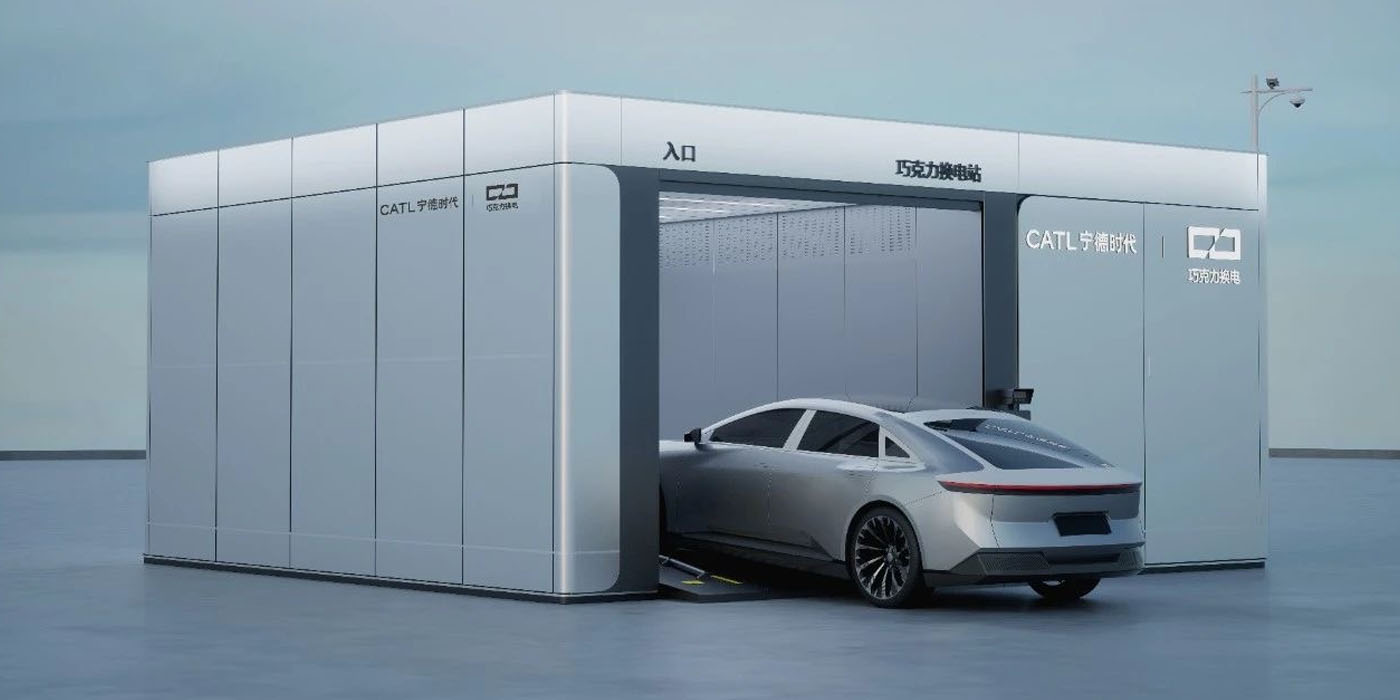NIO and CATL Form New Partnership to Build the World's Largest Battery Swap Network
A Game-Changer for Electric Vehicle Adoption
In a significant development for the electric vehicle (EV) industry, NIO, a leading Chinese EV manufacturer, and CATL, the world's largest battery maker, have announced a groundbreaking partnership to construct the world's largest battery swap network. This ambitious project aims to address one of the major hurdles hindering widespread EV adoption: range anxiety and charging times.
Accelerating EV Adoption Through Innovative Infrastructure
The collaboration will leverage NIO's expertise in battery swap technology and its existing network, combined with CATL's unparalleled battery production capacity and technological advancements. This synergy is expected to result in a rapid expansion of battery swap stations across China and potentially globally. The network will offer significantly faster refueling times compared to traditional charging, making EVs a more convenient and practical option for a wider range of drivers.
Addressing Range Anxiety and Charging Time Concerns
Range anxiety remains a significant barrier to EV ownership for many potential buyers. The rapid battery swap technology offered by this partnership will alleviate this concern. Drivers can simply swap their depleted battery for a fully charged one in a matter of minutes, minimizing downtime and maximizing vehicle uptime. This innovative approach promises to revolutionize the EV experience, making it more attractive and accessible to a larger consumer base.
Environmental Impact and Sustainability
Beyond the convenience factor, the partnership also emphasizes the environmental benefits of battery swapping. By promoting the reuse and recycling of batteries, the initiative aims to minimize the environmental footprint associated with EV battery production and disposal, aligning with global sustainability goals.
Future Implications and Global Expansion
The success of this partnership could set a new precedent for EV infrastructure development worldwide. Other automakers and battery manufacturers may follow suit, leading to a global proliferation of battery swap networks and a significant acceleration in the transition to electric mobility. The long-term impact on the automotive industry and the environment promises to be substantial.

